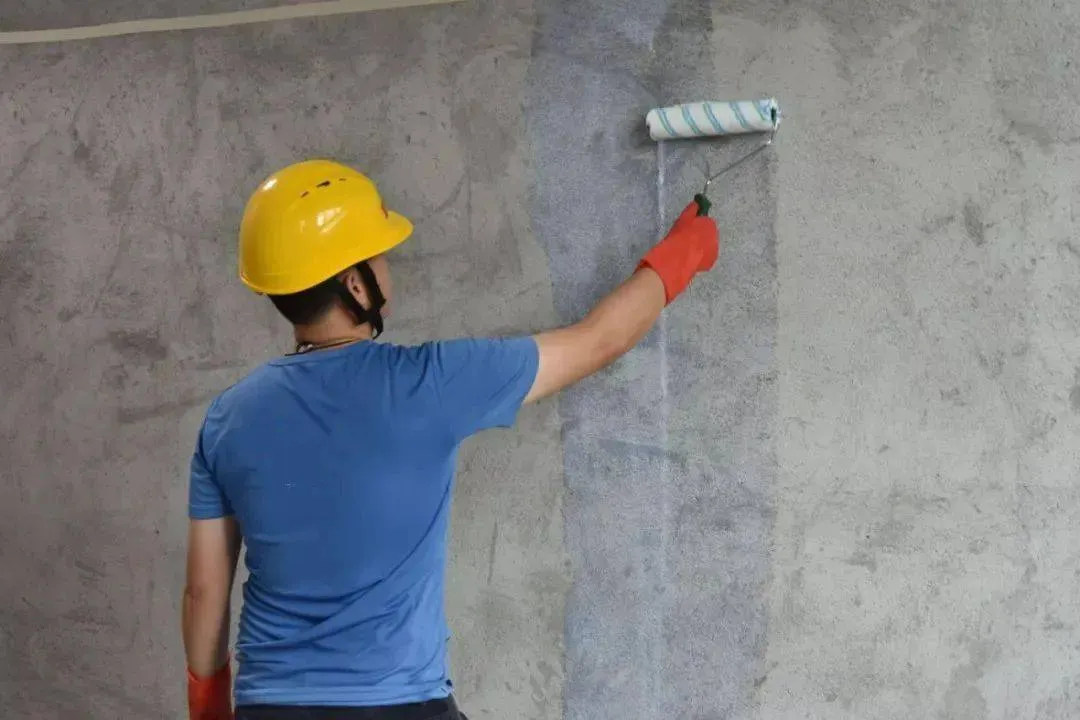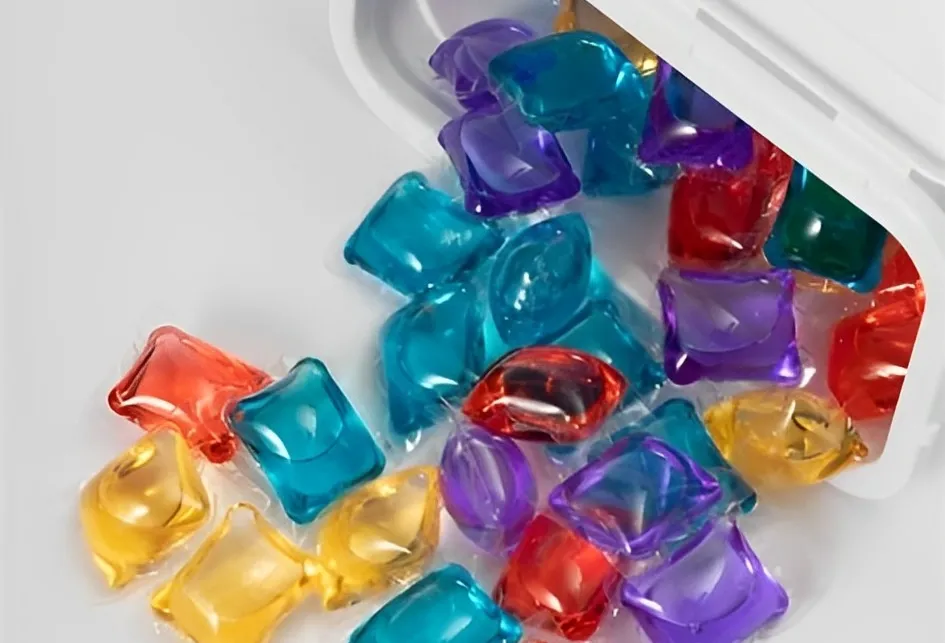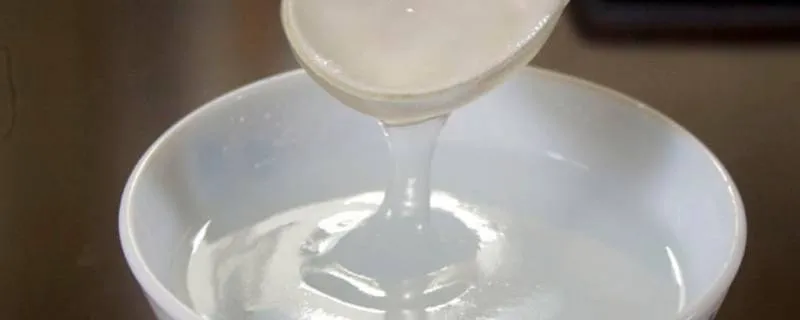
The Versatile Role of Polyvinyl Alcohol in Construction and Packaging
Polyvinyl alcohol (PVA) is one of the most widely used materials in construction, adhesives, and packaging industries. Whether you're preparing walls with PVA before plastering, sealing ceilings with PVA ceiling before painting, or sourcing polyvinyl alcohol for sale, this polymer offers unmatched versatility and efficiency. With the rise of eco-friendly solutions like PVA plastic bags and the growing demand for exterior waterproof PVA, understanding PVA's applications and market trends is vital for professionals in construction and manufacturing.

1. Polyvinyl Alcohol in Construction: Applications and Benefits
PVA serves multiple functions in construction, from acting as a bonding agent to improving surface preparation. Applying PVA walls before plastering creates a seal on porous surfaces, preventing excessive water absorption and allowing plaster to adhere properly. Similarly, PVA before plastering ensures a smooth application, reducing the risk of cracking or uneven drying.
After plastering, contractors sometimes use PVA after plastering as a sealer to protect the surface and enhance paint adhesion. In ceiling work, PVA ceiling before painting is applied to prevent the paint from flaking and to create a uniform finish.
In external applications, exterior waterproof PVA provides additional protection against moisture ingress, making it ideal for outdoor walls and masonry.
For industrial adhesives, polyvinyl alcohol adhesive is highly valued due to its excellent film-forming properties and water solubility. These adhesives are widely used in woodwork, textiles, and even paper products.
Safety is crucial when handling PVA. Professionals should always consult the MSDS of polyvinyl alcohol (Material Safety Data Sheet) to understand its storage requirements and safe handling practices.

2. Polyvinyl Alcohol in Packaging and Global Market Trends
The environmental impact of plastics has shifted attention toward sustainable materials like PVA plastic bags. Unlike traditional plastics, PVA is water-soluble and biodegradable under the right conditions, offering an eco-friendly alternative for packaging. However, a common question arises: Is polyvinyl alcohol a microplastic? The answer is no. PVA is a synthetic polymer but not considered a microplastic because it dissolves in water and can biodegrade in specific environments.
Globally, polyvinyl alcohol manufacturers are expanding production to meet the growing demand for sustainable and high-performance materials. Leading companies are also developing advanced PVA-based films for use in detergents, agrochemicals, and food packaging.
For businesses and contractors sourcing raw materials, the PVA powder price varies depending on factors such as viscosity grade, molecular weight, and order volume. Bulk purchasing often provides significant cost savings.

3. Practical Considerations When Using PVA
Here are some tips for maximizing the effectiveness of PVA in construction:
✅ Priming Walls: Apply PVA before plastering or PVA walls before plastering to seal and prepare surfaces for a smooth plaster finish.
✅ Ceiling Preparation: Use PVA ceiling before painting to enhance paint adhesion and avoid patchy finishes.
✅ Exterior Protection: Choose exterior waterproof PVA for outdoor projects to resist water penetration.
✅ Adhesive Applications: Consider polyvinyl alcohol adhesive for projects requiring strong bonds and water solubility.
✅ Supplier Selection: Source materials from trusted polyvinyl alcohol manufacturers and verify the PVA powder price to ensure you get quality at a competitive rate.
Why Polyvinyl Alcohol is Essential for Modern Projects
Polyvinyl alcohol is far more than a construction aid. From eco-friendly PVA plastic bags to high-performance polyvinyl alcohol adhesive, its applications span industries and support modern sustainability goals. Whether preparing walls with PVA before plastering, sealing with PVA after plastering, or sourcing from leading polyvinyl alcohol manufacturers, this polymer continues to offer solutions for durability and efficiency.
Next Step: Evaluate your projects and consider integrating PVA for ceilings, walls, and adhesives to achieve superior results. Review the MSDS of polyvinyl alcohol for safety and consult trusted suppliers for competitive PVA powder prices today.
FAQs
1. Why use PVA before plastering or painting?
Applying PVA before plastering seals porous walls, reduces suction, and ensures better adhesion for plaster or paint.
2. Is polyvinyl alcohol a microplastic?
No, PVA is not a microplastic. It is water-soluble and biodegradable under specific conditions, making it more environmentally friendly than conventional plastics.
3. What are the benefits of exterior waterproof PVA?
Exterior waterproof PVA protects outdoor walls from moisture ingress, ensuring long-lasting durability and preventing damage from rain or humidity.
4. Where can I find polyvinyl alcohol for sale and what is the cost?
You can source PVA from global polyvinyl alcohol manufacturers. The PVA powder price varies depending on grade and quantity, with bulk orders offering cost savings.
5. What is polyvinyl alcohol adhesive used for?
Polyvinyl alcohol adhesive is widely used in woodworking, textiles, paper products, and industrial bonding applications due to its strong adhesion and water solubility.
-
Hydroxypropyl Starch as a Sustainable Construction AdditiveNewsNov.24,2025
-
The Gelation Properties of CMCNewsNov.21,2025
-
Redispersible Latex Powder and Water Retention CapacityNewsNov.21,2025
-
Dosage Control for Polycarboxylate Water ReducerNewsNov.21,2025
-
Film-Forming Properties of Polyvinyl AlcoholNewsNov.21,2025
-
The Function of Gypsum Additives in MortarNewsNov.21,2025





















